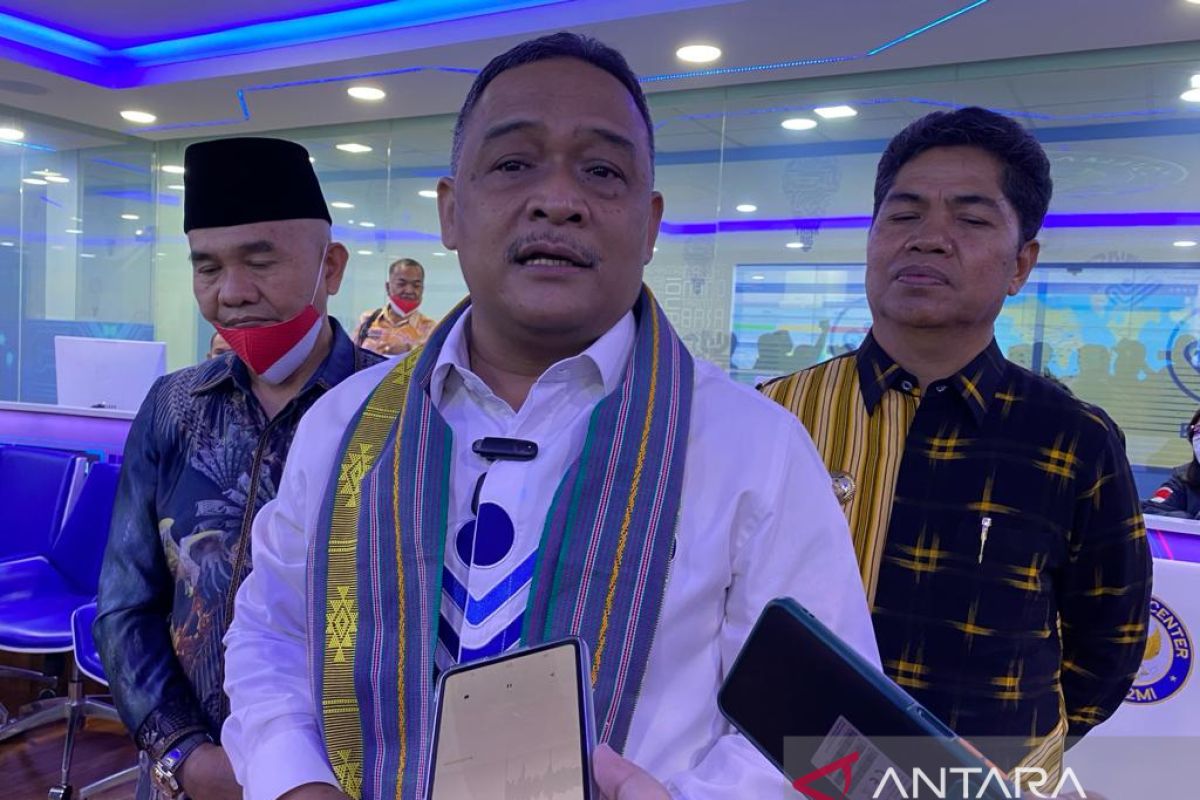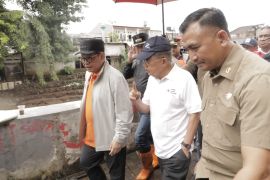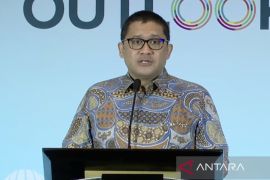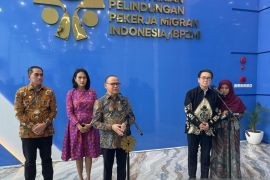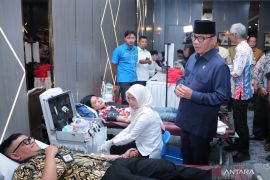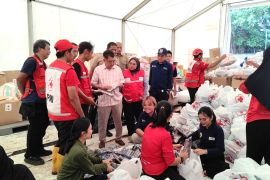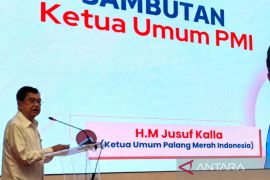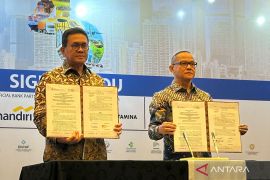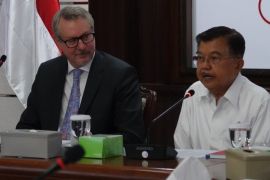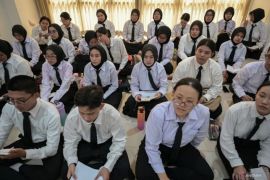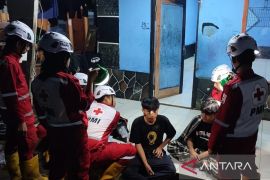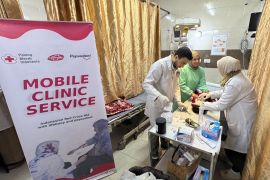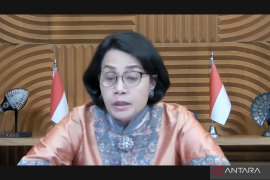"We are working to reduce sending informal PMI and start placing our PMI in foreign countries in formal sector positions," Rhamdani noted at the signing of a memorandum of understanding (MoU) with 16 local governments at the Jakarta BP2MI office on Thursday.
The agency head later remarked that more PMI were working in the informal sector abroad, with most of them from the districts of Cilacap, Central Lombok, and West Sumba and employed as household assistants.
The formal sector was dominated by PMI hailing from Central Lombok District and Mataram City, with most of them working in the plantation sector.
Hence, Rhamdani deems it necessary to optimize the role of both BP2MI and local governments to support the implementation of PMI protection, including in terms of education, skills training, placement facilitation, socialization, and placement coordination.
Moreover, to hone the skills of PMI in the work field, this cooperation is expected to support efforts to eliminate the practice of placing workers in sectors that did not match their abilities.
Rhamdani addressed that this step was important since PMI, whose placements were not in accordance with procedures, were vulnerable to become victims of human trafficking. PMI, who lacked in training, had the potential to experience violence and labor problems, as they did not hold work agreement documents.
"The hard work must start from the regional government. They need to ensure that PMI registering to be sent abroad must have the ability that aligns with the job they are signing for. Their training and their documents must be completed," Rhamdani emphasized.
Translator: Prisca Triferna V, Resinta S
Editor: Rahmad Nasution
Copyright © ANTARA 2022
